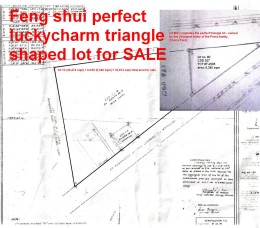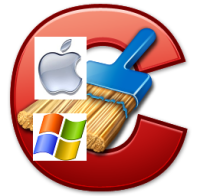 On-Page Optimization may appear sneaky to some site owners and those who overdo this on their website will look spammy to Google‘s crawlers. In fact, continually overdoing on-page optimization, will actually lead to some sites being dropped of Google’s indexing.
On-Page Optimization may appear sneaky to some site owners and those who overdo this on their website will look spammy to Google‘s crawlers. In fact, continually overdoing on-page optimization, will actually lead to some sites being dropped of Google’s indexing.
On-page optimization includes the following SEO elements:
(Note: These may look techy, but you can always just use or install one of the many SEO plugins available in WordPress like the “SEO by Yoast” or the “all in one SEO pack”, and you can just write the content of your blog freely, and let the plugins do the on-page SEO automatically for you)
a. Page URL – Use the page’s keyword as the actual URL like “http://myblog.com/sample-title”, not some random URL like “http://myblog.com/page?vVxy”
b. Title tag – Use your page’s targeted keyword in the title. If you’re not comfortable writing your blog posts in the html view, you can just let a plugin do this for you automatically.
c. H1 tag – Always use your targeted keyword in the headline tag.
d. Meta description – This is no longer generally used for SEO, but is still considered important by some SEO experts. Just make sure your keyword is reflected in the description.
e. Keyword usage – Just use your keyword at least once in your content –be it an article or a page. Always strive to make it look natural.
f. Images – Use your keyword as the image name.
g. Site Structure – Be sure your website is easy to navigate. Do not create duplicate articles within your site. Don’t add too many flashy moving graphics in your site.
h. Internal linking – Make sure you include links within your articles that point to your other contents.
i. Site Map – You can easily use a plug in for this, called “Google xml sitemaps” or use the plug in “SEO by Yoast” as it already has a built-in site map builder.
j. Fast Page Load Time – Be sure not to put “apps” on your site that slow it down.
k. Original and Fresh Content – Original and Fresh content is an all time google’s favorite, when ranking websites.
Off-Page Optimization is generally considered, more important than on-page optimization. Most website owners find that off-page optimization contribute up to 80% of your website’s page ranking.
Off-Page Optimization is basically about building links for your site, or in layman’s terms –if your site has valuable content, other websites would like to mention your website’s page or post by showing a link on their website that points back to your website.
But since most website owners want fast results, they resort to asking other website owners to post a link in their website for a fee –this is called link buying and this is now labelled as unethical for Google, and this could result to your site being penalized and not showing in Google results.
So if you want to get quality back links to your site from other websites, you want to make sure that you always provide quality content in your site. Or you can go around ask other websites if they could post a link to your site in their content without having to pay them a fee. The best websites you can approach to ask for back links are government and educational websites since these sites are generally considered by Google as authority websites and links coming from them are considered high quality links and will greatly contribute in your SEO. Make sure too that you provide added content to their website through your link.
Here are other ways of generating links to your site:
a. Blog commenting
b. Posting in Directories
c. Posts in Social Media networks
d. Q&A sites and wikis such as Yahoo Answers, Google Groups, Wikipedia, etc.
e. Forums (Be sure to mention your site in your signature)
f. Free classified ad sites such as Craigslist and others
g. RSS feeds
Finally, people will always like to link back to your site or mention your website in their websites if you have the following content in your website:
a. Free downloadable tools and other useful software and applications
b. Free Games
c. Very controversial content
d. Original images
e. Free original e-book or reports
f. Contests (if you can afford it)
g. Word Press themes (if you can create one)
h. Fun Quizzes
i. Browser extensions (if you can build one)
To learn more about basic SEO, I recommend you read Google’s SEO Guide.










1 comments
Hey there I am so excited I found your web site, I really found you by error, while I was browsing on Aol
for something else, Anyhow I am here now and would just like to say thanks for a tremendous post and a all
round exciting blog (I also love the theme/design), I don’t have time to browse it all at the minute but I have book-marked it and also added your RSS feeds, so when I have time I will be back to read more, Please do keep up the excellent work.